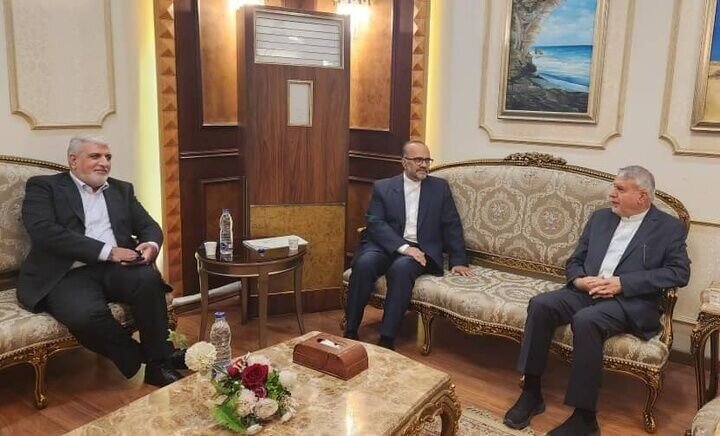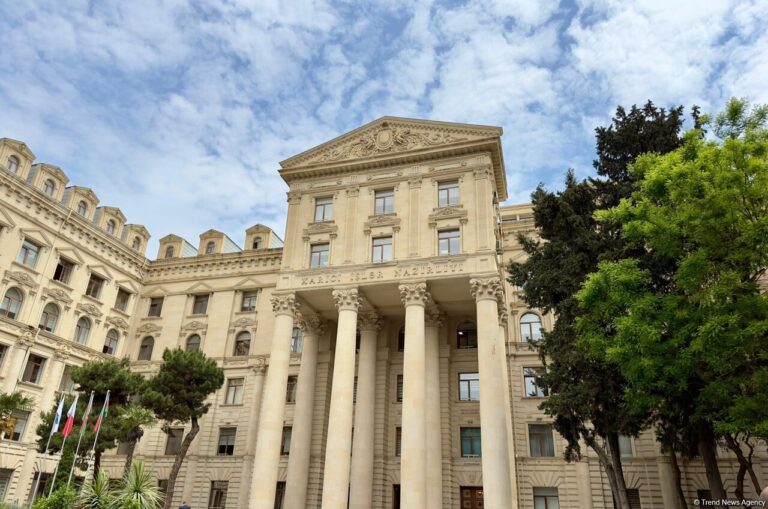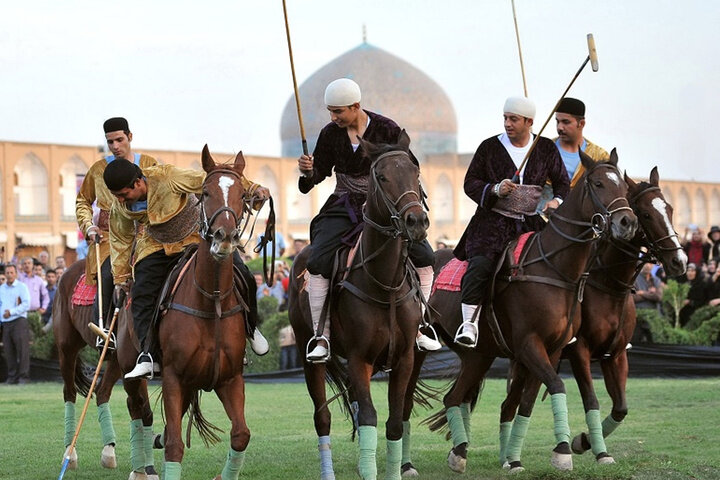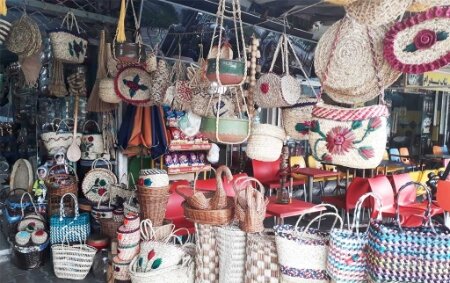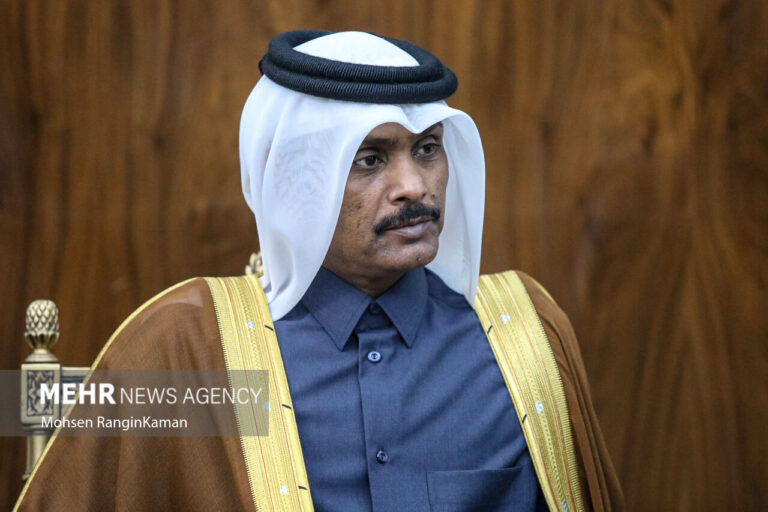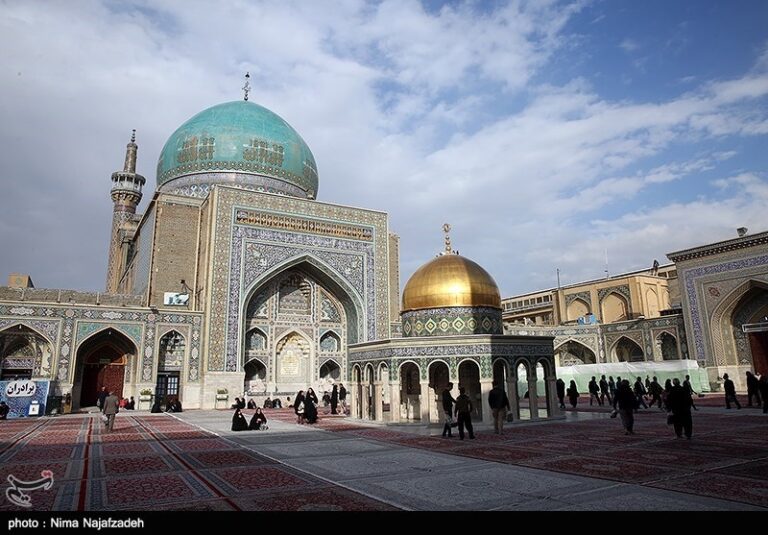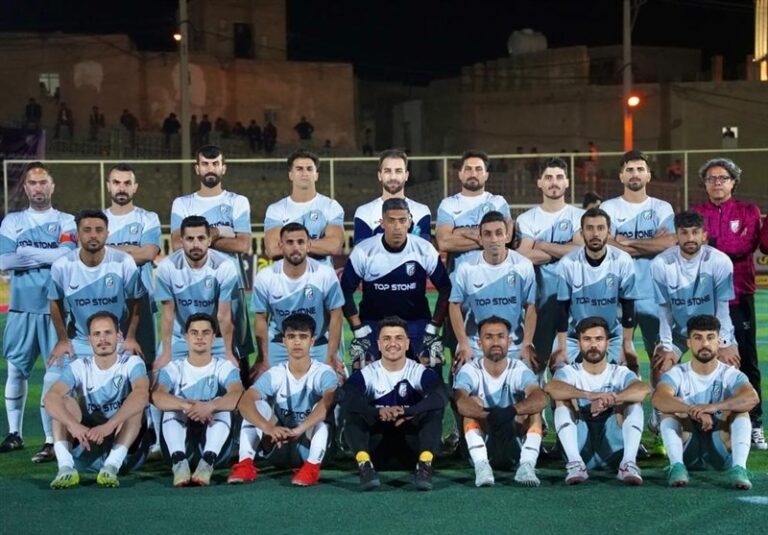Unlocking Stronger Iran-Egypt Relations: Minister Highlights the Power of Cultural Diplomacy
In a significant move to enhance cultural diplomacy, Minister of Cultural Heritage, Handicrafts, and Tourism Seyyed Reza Salehi-Amiri recently highlighted the importance of strengthening relations between Iran and Egypt. This discussion comes at a pivotal time for both nations as they explore new avenues for tourism cooperation.
Upon his arrival in Cairo, Salehi-Amiri was warmly welcomed by Nasreen Osmanli, an advisor to the Egypt Tourism Authority, and Mohammad Hossein Soltanifard, head of the Islamic Republic of Iran’s Interest Section in Cairo. This visit marks a crucial step forward in Iran-Egypt tourism relations, which are entering a new and powerful phase.
During his address on the eve of the fourth meeting of the Economic Cooperation Organization’s tourism ministers, Salehi-Amiri emphasized several key points regarding the future of tourism between the two nations:
- New Horizons for Strategic Cooperation: The minister noted that Iran-Egypt tourism relations have opened up fresh opportunities for collaboration.
- Cultural Exchange: Salehi-Amiri stressed the potential of cultural and tourism ties to usher in a new chapter in strategic relations between Iran and Egypt.
- Multilateral Cooperation: Iran’s participation in the D-8 Cairo Summit aims to activate cooperative potential among member states, including Egypt, Turkey, and Pakistan.
- Joint Initiatives: The primary goal of this trip is to facilitate partnerships between Iranian and Egyptian tourism agencies.
Salehi-Amiri expressed that establishing these connections would not only benefit both nations but also contribute to unity within the Islamic Ummah. By introducing a new framework for technological collaboration in tourism, Iran aims to enhance its standing in emerging regional and global trends.
He acknowledged Egypt’s rich historical and cultural heritage, which holds significant appeal for the Iranian populace. “Iranian people are eager to become acquainted with the civilizational and religious heritage of Egypt closely,” he stated, indicating that this eagerness presents a unique opportunity to promote cultural and tourism ties.
Highlighting the cultural richness of Iran, Salehi-Amiri remarked that the country possesses numerous historical monuments, many of which have been inscribed on UNESCO’s World Heritage list. He believes these attractions can effectively enhance tourist exchanges and strengthen mutual ties between Iran and Egypt.
In addition, Salehi-Amiri emphasized the crucial role of media in promoting tourism and cultural attractions. He stated, “We should use the national media and social networks effectively. We can introduce the tourism capacities of Iran and Egypt through scientific and cultural media and elites of both nations, paving the way for attracting tourists.”
Overall, the discussions surrounding tourism cooperation between Iran and Egypt paint a promising picture of future collaboration. As both nations work to harness their cultural heritage and tourism potential, the opportunities for mutual benefit are vast. The effective implementation of these strategies could lead to a robust tourism sector that not only attracts visitors but also fosters a deeper understanding and appreciation of each country’s unique heritage.
In conclusion, the efforts to strengthen tourism ties through cultural diplomacy are set to play a pivotal role in enhancing bilateral relations between Iran and Egypt. The commitment from both sides to promote their rich histories and cultural assets is a step toward a more unified and prosperous future in tourism.
